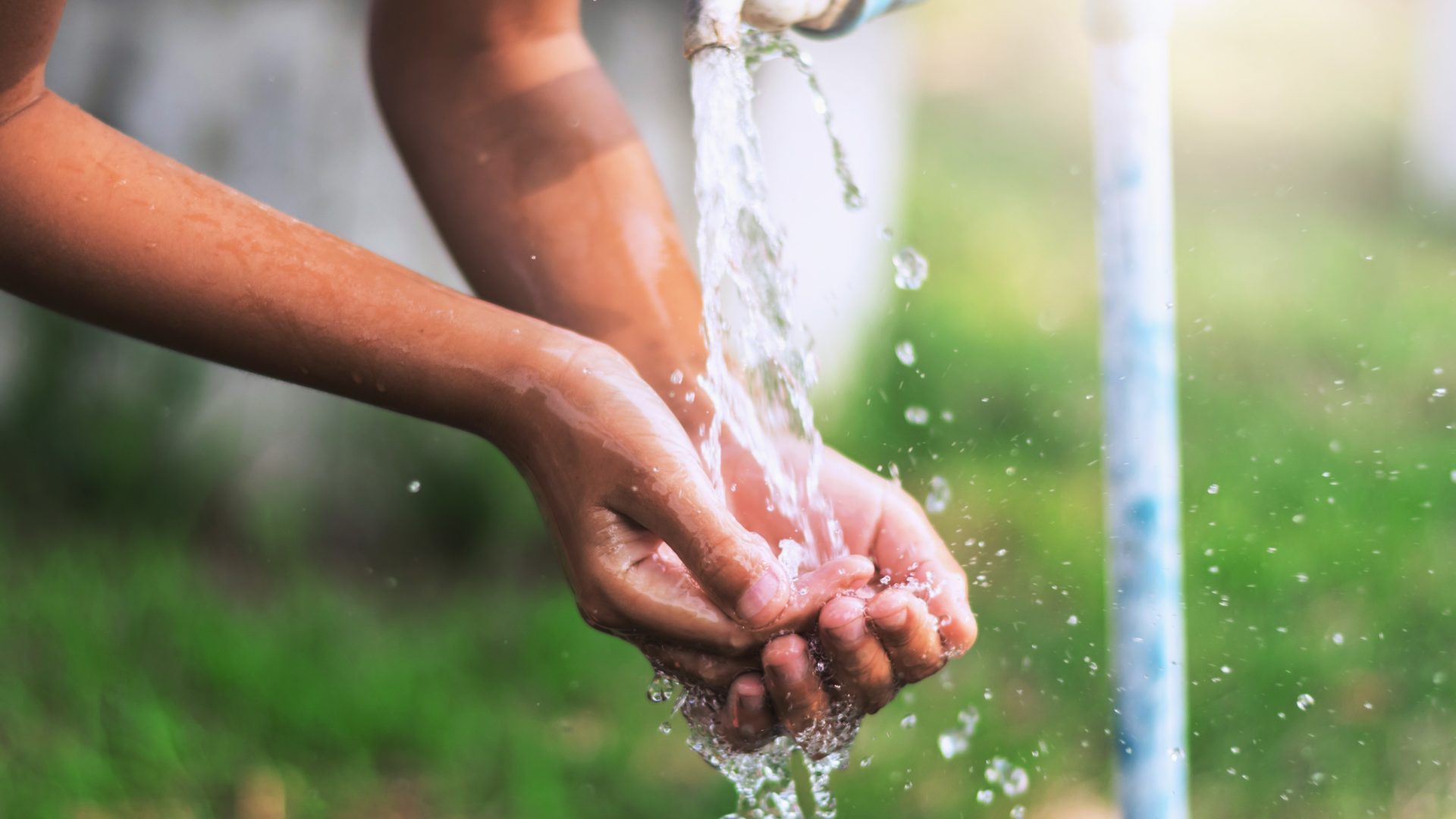Water can be a catalyst for peace and security with a critical role in preventing conflicts and promoting cooperation among communities and nations – but only if managed equitably and sustainably, a new study reveals.
Experts have devised a blueprint to ensure safe, equitable and sustainable global access to clean water. The seven-point strategy will allow water challenges to be governed effectively so they do not create conflict when access is restricted or usage unfairly shared.
Recently publishing their findings in Nature Water, the international team of interdisciplinary experts from France, Germany, India, Nigeria, Sweden, USA, and UK – led by the University of Birmingham – set out the following seven strategies to help achieve peace and security:
- Collaborate locally on global water challenges to help reduce conflict, empower civil societies, and build resilience. Inadequate water governance can lead to unjust competition and severe impacts on vulnerable communities.
- Involve communities in developing water governance can prevent conflicts during times of scarcity – joint risk assessments, improved public communication, and citizen science help to foster transparency and build trust.
- Integrate local expert knowledge and nature-based solutions with technical infrastructure to enhance community resilience. Using traditional water management practices in Nepal and Peru has helped address local water challenges.
- Consider existing inequalities when developing national and local policies to help prevent conflict and build trust – like successful water cooperation initiatives, such as the EcoPeace project in the Middle East, nominated for the 2024 Nobel Peace Prize.
- Ensure safe water access for women and girls, who often bear the responsibility for water collection. Integrating safety, gender equity, and access into water governance policies is critical in protecting and empowering female citizens.
- Predict water-related changes better and improve local preparedness to deal with intensifying water challenges – integrating the latest remote sensing data with local analysis and investing in adaptive infrastructure.
- Prevent conflict through international treaties and intergovernmental management of transboundary river basins – for example, the Indus Waters Treaty between Pakistan and India, and Peru and Bolivia’s joint governance of Lake Titicaca.
Lead author Professor Stefan Krause, from the University of Birmingham, co-chair of the UNESCO UniTwin network on Ecohydrological Interfaces, commented:
“Water can be a powerful tool for peace when managed sustainably and equitably, but there is increasing conflict for water as an irreplaceable resource for humans and waterbodies as highly valuable ecosystems with a rich biodiversity.
“Our study provides a blueprint for using water to foster cooperation and prevent conflicts, ensuring a more just and resilient future for all. Co-creating shared visions for water solutions ensures fairness and acceptance of management decisions.”
The researchers emphasise the importance of initiatives like the UN Water Convention in preventing conflicts and promoting joint water management. They note the International Association of Hydrological Sciences (IAHS) ‘HELPING’ initiative focuses on local engagement, interdisciplinary collaboration, and innovative methods to find solutions for water-related issues.
Co-author Professor David Hannah, Director of the Birmingham Institute for Sustainability and Climate Action (BISCA), and UNESCO Chair in Water Science commented:
“The seven recommendations we highlight provide pathways to move from water crisis to sustainable solutions, balancing water as a resource for people and as a valuable ecosystem.
“Considering factors such as community action, indigenous knowledge, open science, and participatory approaches for sustainable water governance will help the world to achieve UN sustainable development goals and leverage water for peace.”



